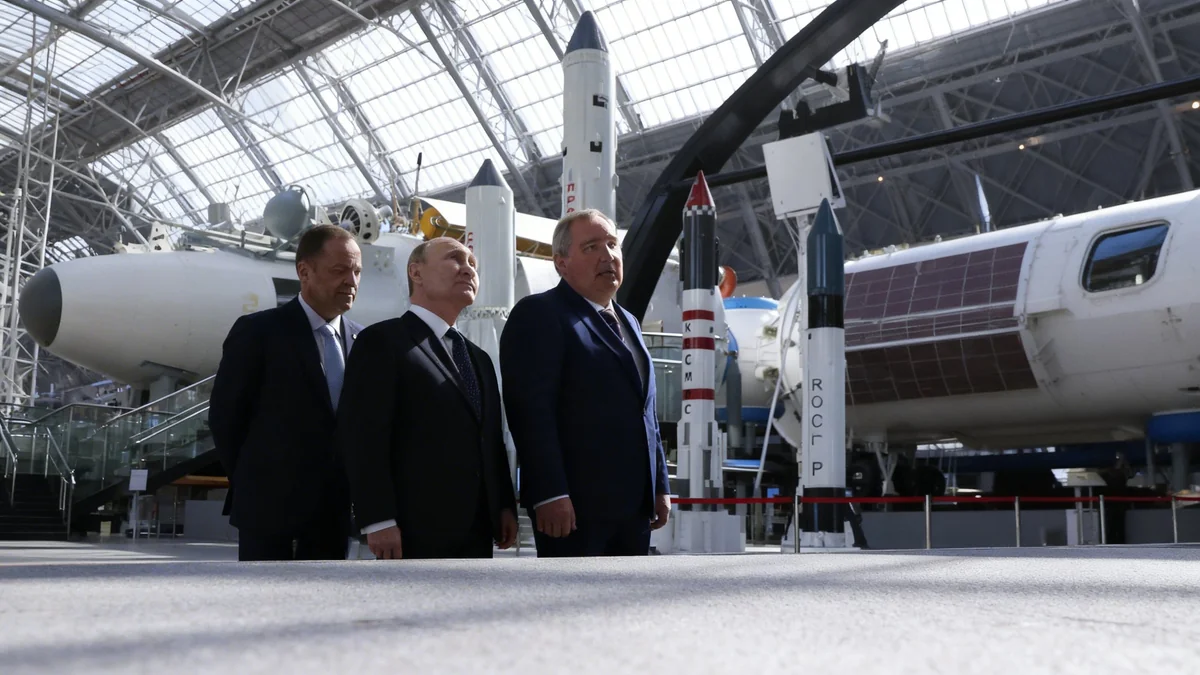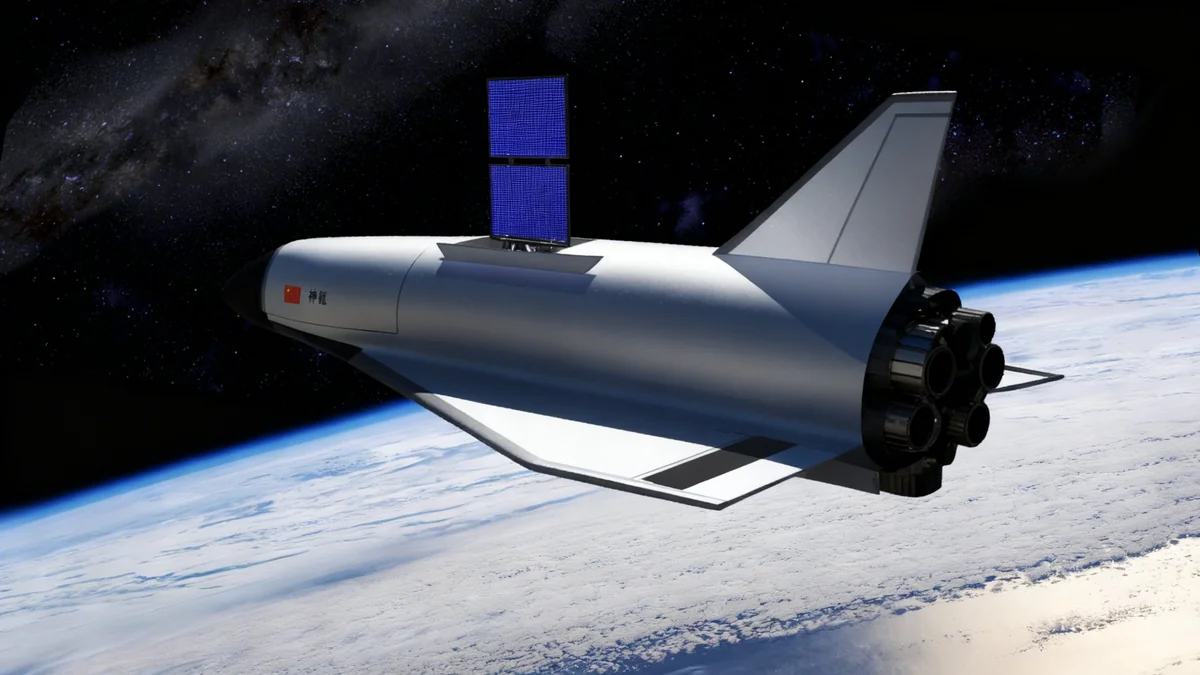The U.S. Space Force has awarded a multi-year contract to communications company Viasat to develop a new encryption system designed to protect military satellites from cyberattacks. The agreement, managed by the Space Systems Command, tasks Viasat with creating advanced technology to secure data transmissions between satellites in orbit and their corresponding ground stations.
This initiative aims to counter the growing threat of electronic warfare and hacking attempts on critical space infrastructure. The project involves building space-qualified hardware and integrating it with Viasat's existing ground equipment to ensure a secure and resilient communications network for national security operations.
Key Takeaways
- Viasat secured a multi-year contract from the U.S. Space Force's Space Systems Command.
- The primary goal is to build an advanced encryption system to protect satellites from cyber threats.
- The project focuses on developing a new End Cryptographic Unit (ECU) for both pre-launch and in-orbit security.
- Viasat will also upgrade Ground Operating Equipment to handle more complex encryption algorithms.
- The technology is designed to minimize size, weight, and power (SWaP), which are critical factors for spacecraft.
A New Contract to Secure Space Assets
The U.S. Space Force is taking proactive steps to enhance the cybersecurity of its orbital assets. The contract awarded to Viasat's Defense and Advanced Technologies division represents a significant investment in next-generation cryptographic solutions. The primary objective is to safeguard the vital communication links that underpin modern military operations, from intelligence gathering to navigation and secure communications.
Under the terms of the agreement, Viasat is responsible for the complete design and development of the encryption system. This includes the creation of new hardware specifically engineered to withstand the harsh environment of space while providing robust security. The system will be tested extensively by linking the new space-ready components with Viasat's certified ground equipment, simulating real-world operational conditions.
Why Satellite Security is Critical
Satellites are essential for a wide range of military functions, including GPS navigation, secure communications, and missile warning systems. A successful cyberattack on these assets could disrupt command and control, compromise sensitive data, or even disable a satellite entirely, creating a significant national security risk.
The Technology Behind the Shield
At the heart of this new security effort is Viasat's End Cryptographic Unit (ECU). This specialized device is being engineered to provide comprehensive protection for satellite signals. Its role is to encrypt data before a satellite is launched and continue to secure all communications once it reaches orbit. The ECU acts as a digital gatekeeper, ensuring that only authorized users can access and control the satellite's functions and the data it transmits.
Optimized for the Space Environment
Designing hardware for space presents unique challenges. Every component must be as small, light, and energy-efficient as possible to meet the strict constraints of launch vehicles and satellite design. Viasat's ECU is being developed to address a wide range of communication threats while minimizing its size, weight, and power (SWaP) consumption. This optimization is crucial for maximizing the satellite's primary mission capabilities without sacrificing security.
Understanding SWaP
Size, Weight, and Power (SWaP) are the three most important design constraints in aerospace engineering. Reducing SWaP allows for more payload capacity on a satellite, lower launch costs, and longer operational lifespans in orbit. Developing a powerful encryption unit with a low SWaP profile is a major technological achievement.
Upgrading Ground and Space Capabilities
The project extends beyond the satellites themselves. Viasat is also tasked with delivering upgraded Ground Operating Equipment. This ground-based hardware is essential for managing the encryption keys and algorithms that secure the satellite communications network. The upgraded platform will be capable of handling more complex and dynamic encryption standards, making it significantly harder for adversaries to intercept or disrupt transmissions.
This dual approach of enhancing both space and ground segments creates an end-to-end secure communications architecture. By modernizing the entire system, the Space Force ensures that its future satellite constellations will be protected by a multi-layered defense against sophisticated cyber threats.
"Viasat is proud to partner with the US Space Force on modern crypto solutions to address current and evolving threat environments," said David Schmolke, vice president of mission connections and cybersecurity at Viasat Government. "We are committed to supporting future capabilities of integrated space-crypto solutions to ensure that mission critical data and satellite access controls are protected."
Addressing Evolving Cybersecurity Threats
The strategic importance of space has made satellites a prime target for state and non-state actors. The digital nature of modern satellite control and data transmission opens them up to a variety of cyber threats, including jamming, spoofing, and unauthorized access. This contract reflects a strategic priority for the Department of Defense to treat cyberspace as a critical warfighting domain.
The new encryption system is being designed to be adaptable, capable of countering not only current threats but also those that may emerge in the future. According to Viasat, the technology will support more advanced encryption algorithms and key management practices, providing a flexible and forward-looking security solution.
As the world becomes more reliant on space-based infrastructure, the work being done by Viasat and the Space Force is essential for maintaining the security and stability of military and civilian satellite services. This partnership aims to set a new standard for cybersecurity in orbit, ensuring that U.S. space assets remain secure and operational in an increasingly contested environment.





